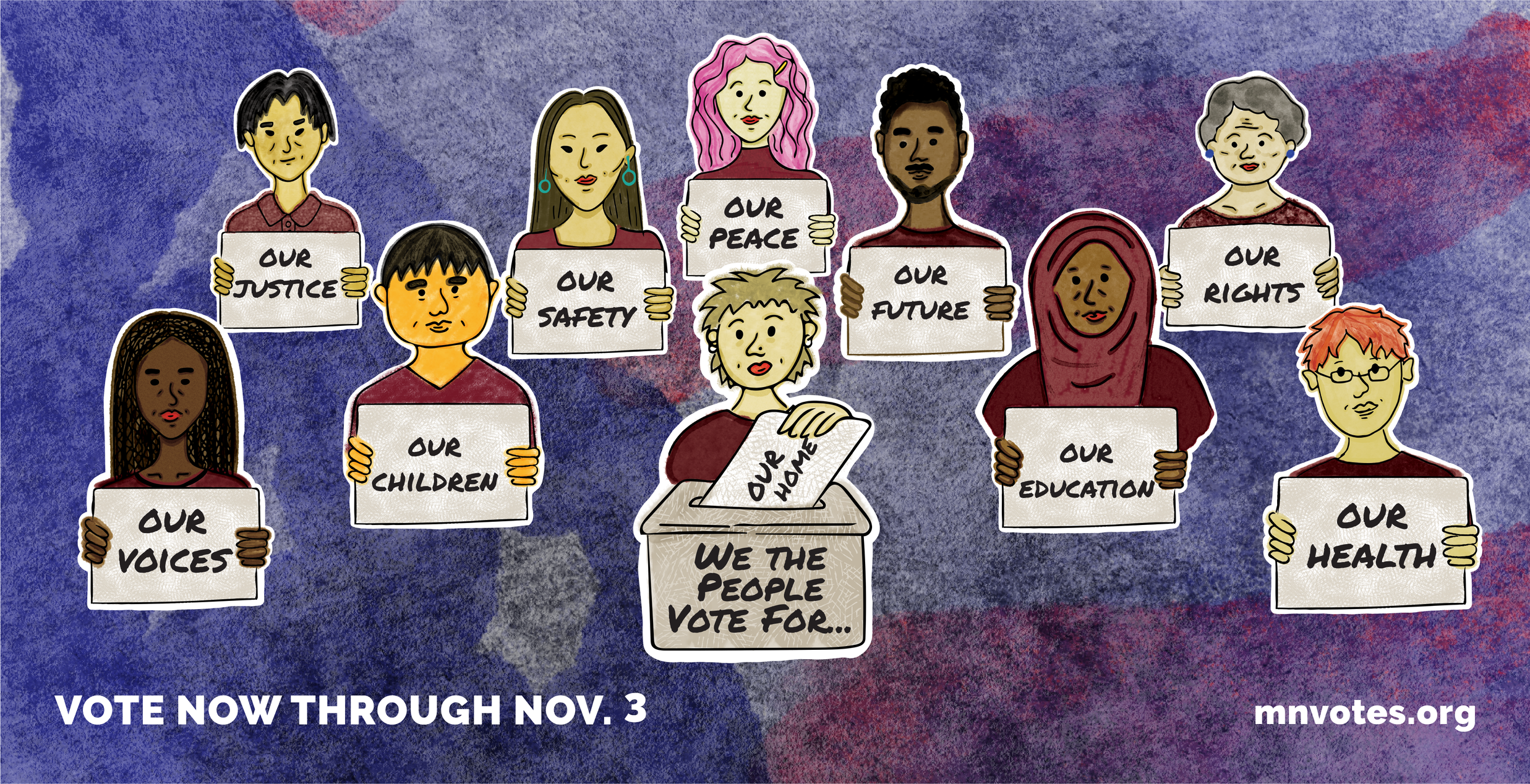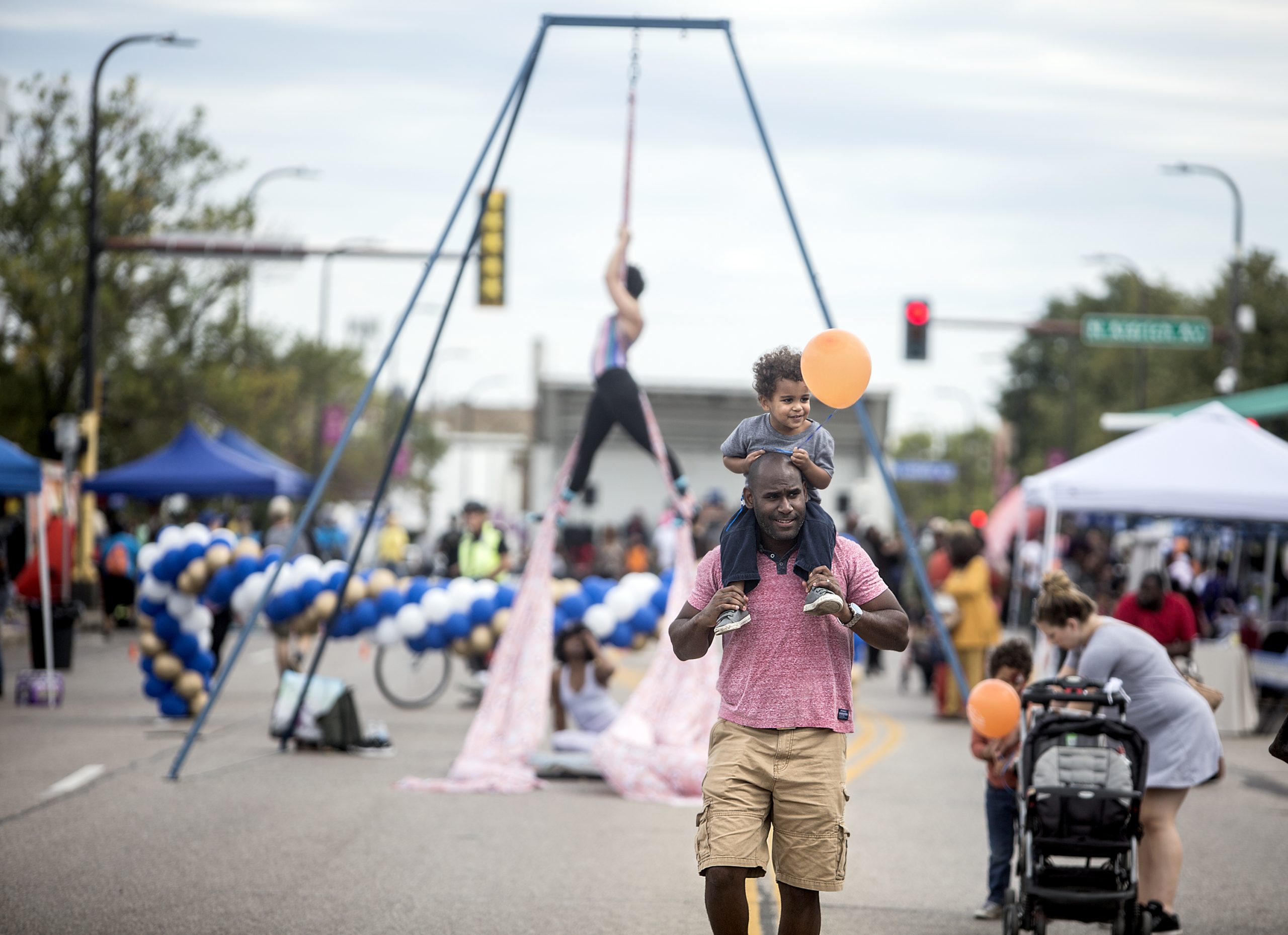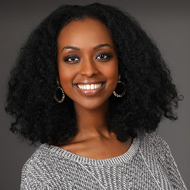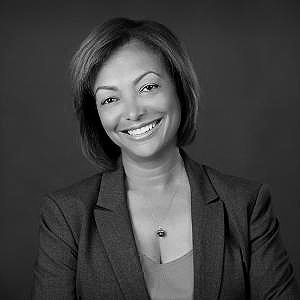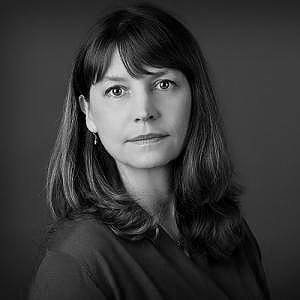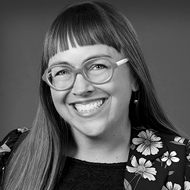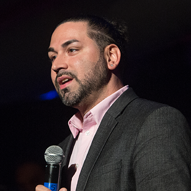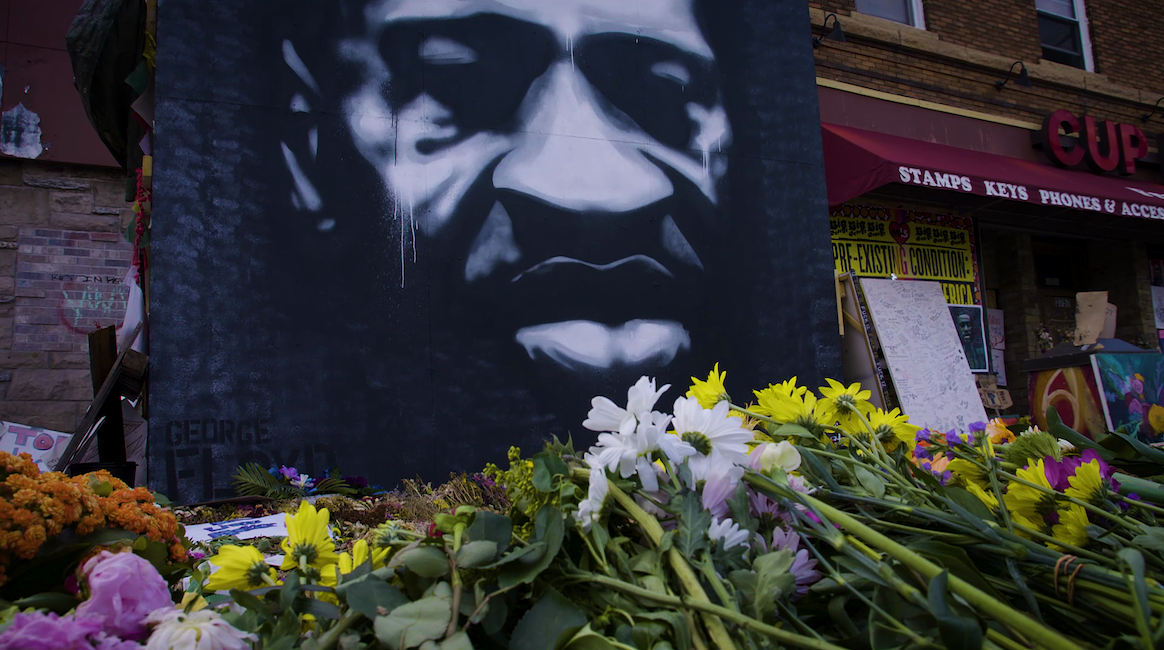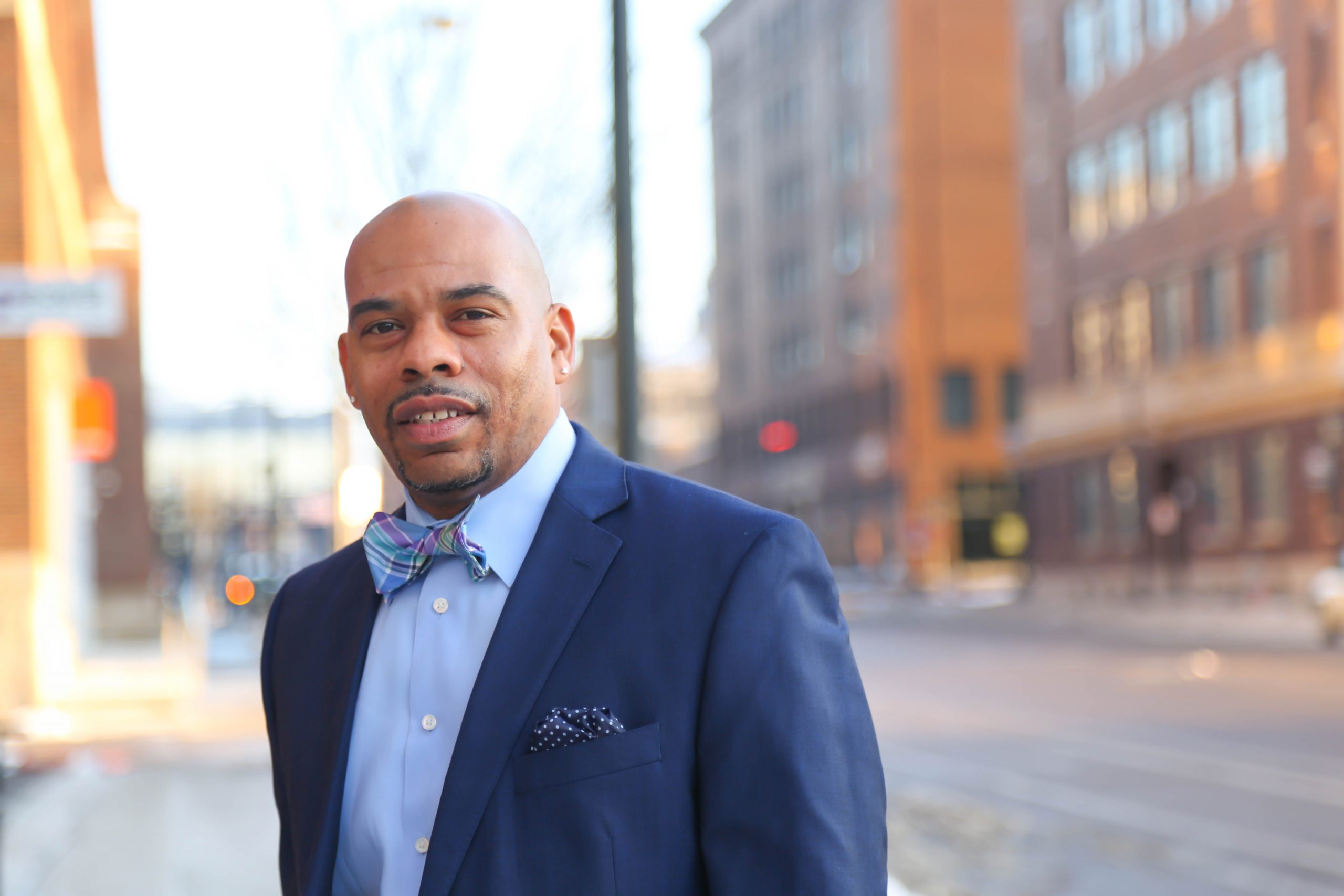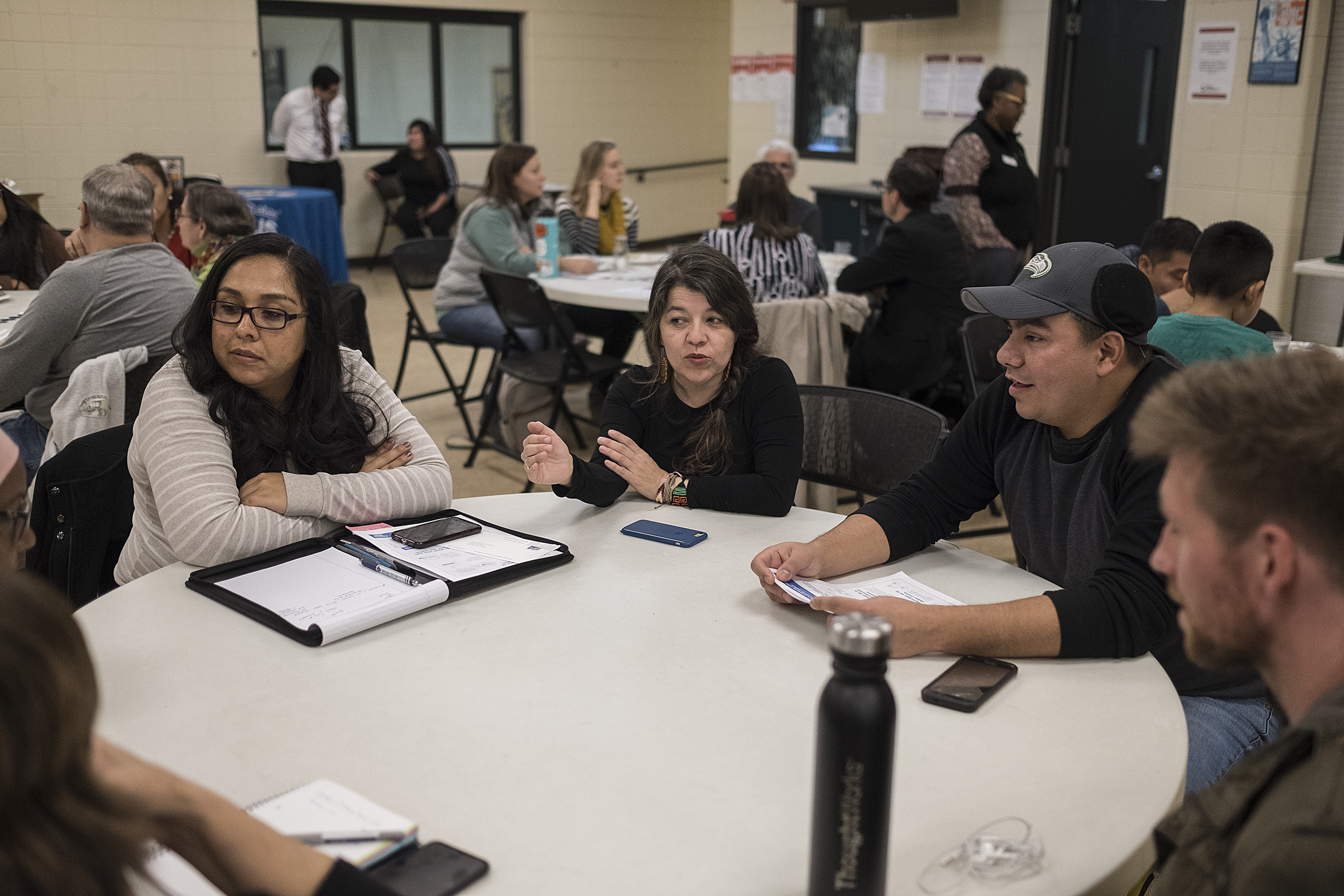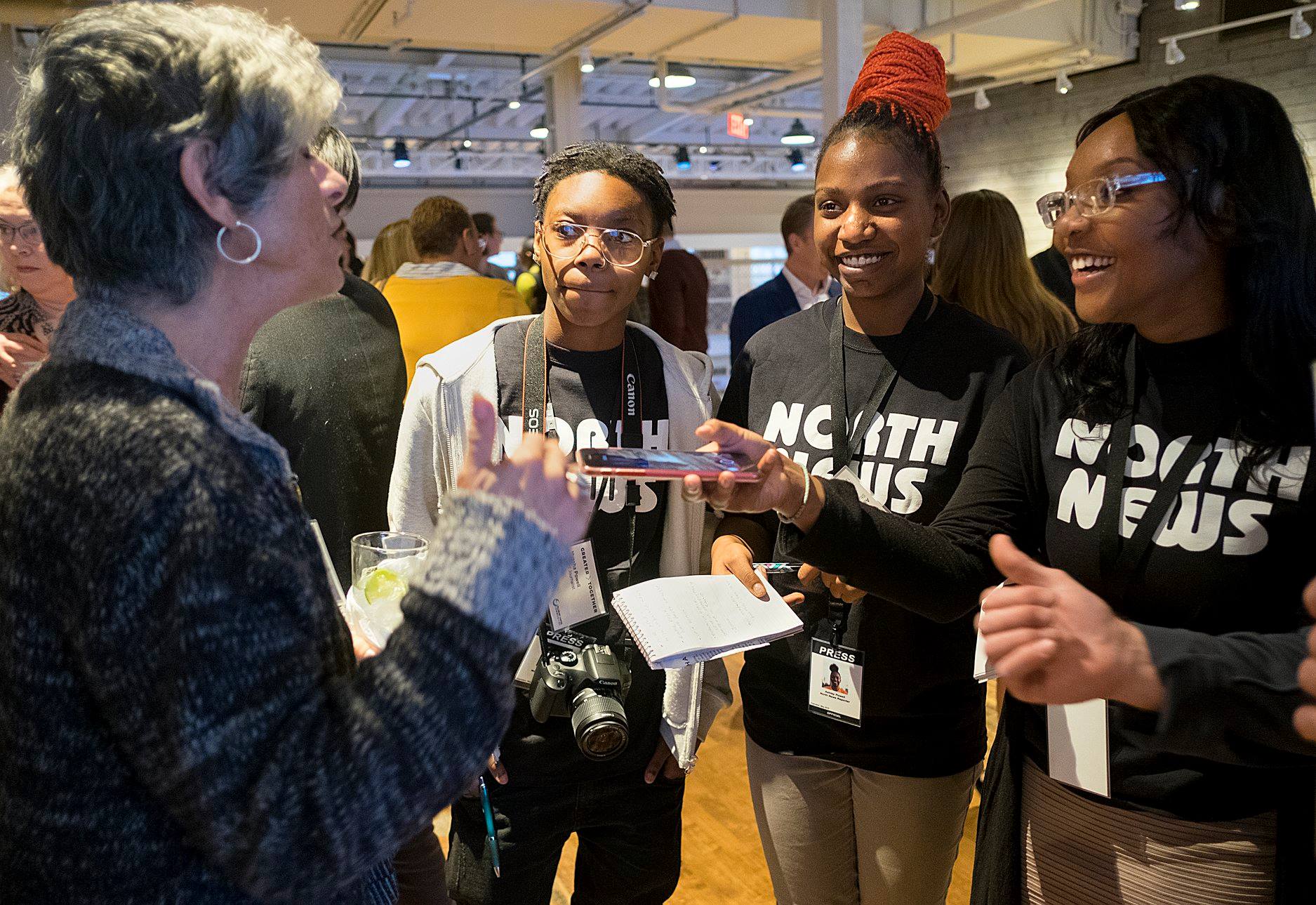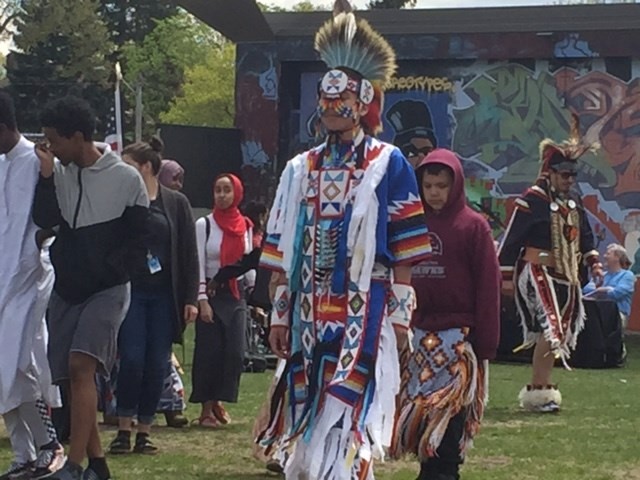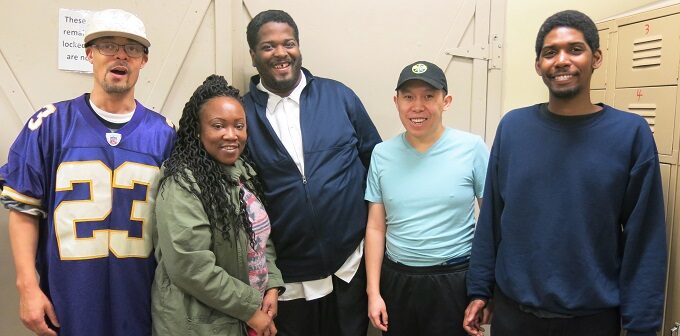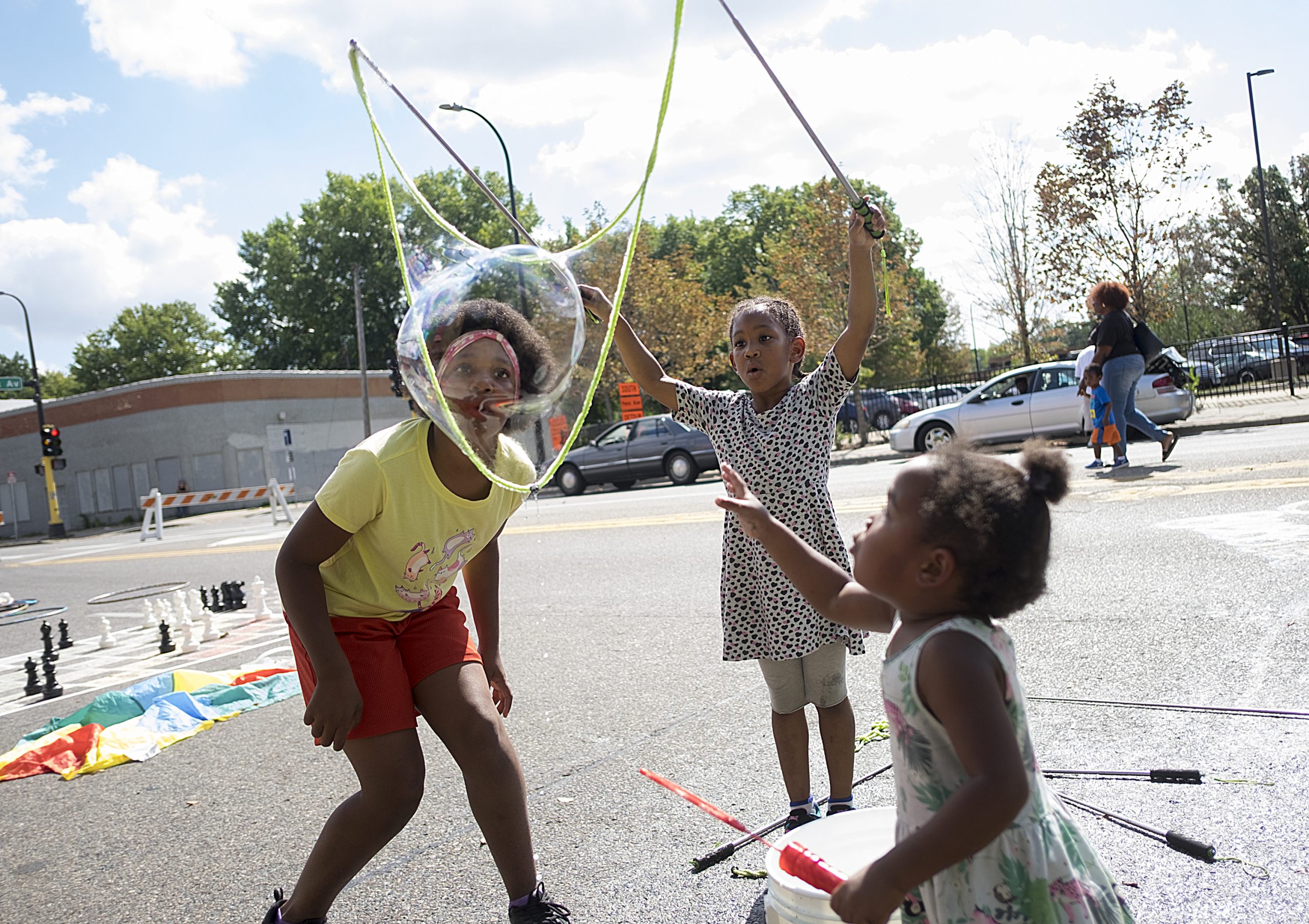
The Upstream Imperative, Volume 5
This article is part of “The Upstream Imperative,” a series exploring the challenges and opportunities facing the social services sector.
By Adair Mosley, President and CEO, Pillsbury United Communities
What future do we see for our neighborhoods in the Twin Cities?
Will they be places where everyone can raise families, build wealth, and live full, healthy lives? Or will they be exclusive enclaves where newcomers prosper and long-term residents are pushed to the margins?
In the wake of George Floyd’s murder, this dilemma is stark. The damage to large sections of our city is further stressing a population — largely Black, brown, and indigenous — that was already in danger of displacement. Decades of systemic racism and inequity sparked the destruction. Now these pressures threaten an even greater crisis for our community.
We have a choice. We can prioritize rebuilding with and for Black and brown residents. Or watch as these neighborhoods rise again, but without those who have lived and labored there for generations.
A History of Erasure
We didn’t arrive at this point overnight. Starting a century ago, redlining and exclusionary lending practices shut Black and brown families out of many Twin Cities neighborhoods and the wealth-building opportunities they enabled. Black people built thriving communities in spite of these restrictions, only to see their neighborhoods bulldozed and cut off by interstate construction.
In the intervening decades, Black neighborhoods in the Twin Cities have been stuck with “lesser than” status. They are continually passed over for public and private investments — with devastating social and economic consequences. Now we see the pendulum swinging back. As outside developers move to “revitalize” areas of the city they long ignored, “white flight in reverse” threatens to erase the people and culture in these areas.
To be clear, we want investment in our neighborhoods. But unless Black, brown and indigenous people are driving the change, Minneapolis will continue to grow less equitable at their expense.
The Rise of Community Development
In a difficult moment, we see reasons for hope. Across the U.S., community development corporations are proving that inclusive neighborhoods are possible when communities work together.
These projects don’t arise from shallow or short-term community input. Developers must be willing to see vulnerable residents, meet them where they are, and center their voices and needs before and after ground is broken. Equitable development has to start from a place of deep understanding and connection.
That’s where we’ve lived for over 140 years. Pillsbury United Communities is committed to ensuring every person has personal, social, and economic power. Through a focus on solving big, upstream challenges, we create enduring change toward a just society.
That mission puts equitable economic development squarely on our agenda.<
Owning the Solution
Pillsbury United is making moves to prevent gentrification and displacement of marginalized residents with the creation of Justice Built Communities (JBC). A new community development corporation for the Greater Twin Cities and beyond, JBC acts as a community quarterback to prioritize integrated, inclusive approaches to neighborhood revitalization.
Our process starts by identifying underused buildings, vacant lots and other assets that can anchor neighborhood redevelopment. Then we bring together the partners, capital, and vision to realize their potential. JBC banks and secures these assets until properties are developed and Black and brown-owned enterprises take over.
Instead of outsiders telling people, “Here’s what you need,” we ask, “What can we do together?” JBC ensures the voices of our communities are heard alongside businesses, builders, and banks in the service of a shared agenda. Working together, we advance many priorities critical for our community, from neighborhood investment and beautification to education and job creation.
Arts and culture are central to that effort. Through artist-driven engagement and creative placemaking, we empower residents to define what thriving, beautiful neighborhoods look like to them. Artists and residents continue to collaborate as developments take shape to create spaces that honor the unique history and culture of the place.
Transformation from the Inside Out
Pillsbury United is not new to this work. In 2017, we led the development of North Market, a grocery store and wellness center in one of the country’s largest food deserts. Created with North Minneapolis community members and partners including North Memorial Health, our solution addresses multiple needs in one place, from fresh food to accessible health services.
The impact goes beyond essential services. North Market provides career-track jobs, buys from local businesses and entrepreneurs, and feeds the vitality of the neighborhood as a whole.
JBC works in the same way. We use the tools of community development to promote quality education, workforce training, small businesses investment, and land ownership, while awarding contracts to local people and organizations that will reinvest in the community. Our encompassing approach spurs the creation of generational wealth and helps put communities on the path to self-sufficiency.
To that end, JBC is advancing equitable policy side by side with equitable development. We use our access and partnerships to advocate for measures such as Renters Bill of Rights legislation and Community Benefit Agreements that protect local residents before and after projects open their doors.
Our goal is transformation from the inside out. We are banking on the creativity, talent, and energy that have always existed in our Black and brown communities. By amplifying their voices and letting their vision lead ours, we can eliminate racial disparities, remove urban blight, and help our communities of color equitably share in the vibrant economy of our state. JBC is how we reimagine not only our cities, but the systems that shape people’s lives here.
If we want strong neighborhoods that include everyone and work for everyone, we can’t leave it to outsiders. It’s up to us to build them.
